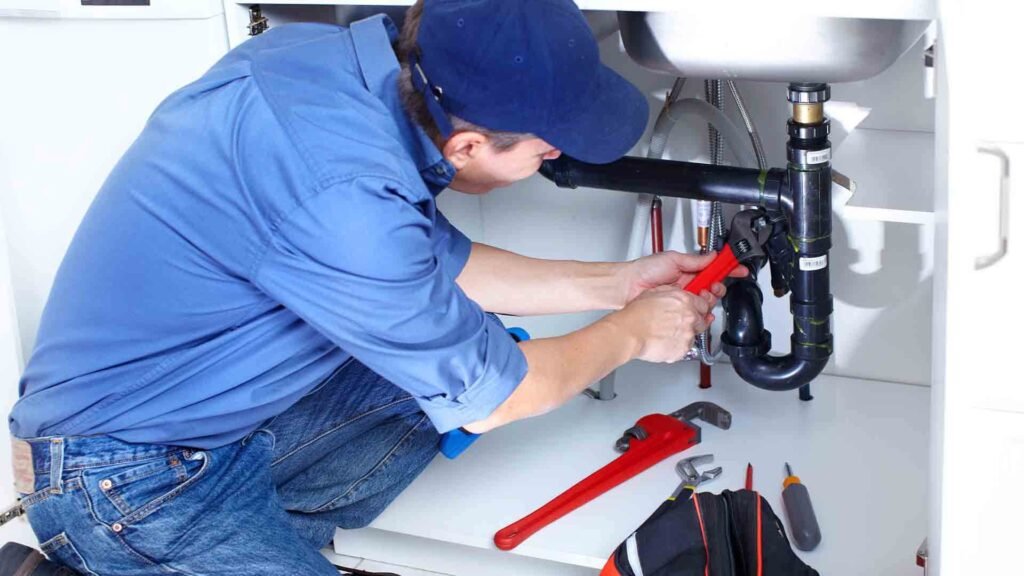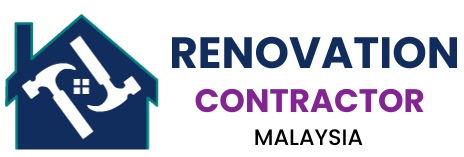Plumbing
Plumbing services refer to the professional services provided by plumbers to install, repair, and maintain plumbing systems in residential, commercial, and industrial buildings. Plumbing work includes various tasks related to water supply, drainage, and gas systems.

Some common plumbing services and tasks include:
- Installation: Plumbers install new plumbing systems, including pipes, fixtures, faucets, toilets, showers, water heaters, and drainage systems. They ensure proper connections, fittings, and alignment of the plumbing components.
- Repair and Maintenance: Plumbers are skilled in diagnosing and repairing plumbing issues. This includes fixing leaks, repairing or replacing damaged pipes, unclogging drains, fixing toilet flush mechanisms, and repairing or replacing faulty fixtures.
- Leak Detection and Repair: Plumbers use specialized equipment to detect and locate leaks in pipes or fixtures. They then repair or replace the affected components to prevent further water damage.
- Pipe Repair: Plumbers can repair cracks or leaks in pipes by using various techniques depending on the type of pipe and the extent of the damage. This may involve patching or sealing small cracks, replacing damaged sections of pipe, or rejoining broken pipe segments.
- Drain Cleaning: Plumbers can clear clogged drains using methods such as drain snaking or hydro-jetting. These techniques help remove blockages caused by debris, grease, hair, or other substances.
- Water Heater Services: Plumbers can install, repair, and maintain water heaters, including traditional tank-based heaters and tankless water heaters. They can address issues like inadequate hot water supply, leaks, or faulty heating elements.
When repairing cracks or water pipe leakages, plumbers typically follow these steps:
- Inspection: The plumber assesses the extent of the crack or leakage by visually inspecting the affected area and using specialized tools if necessary. They determine the cause of the issue and identify the best course of action.
- Shutting off the Water: If there is a water pipe leakage, the plumber locates the main water supply valve and shuts it off to prevent further water damage.
- Repairing Cracks: Depending on the size and location of the crack, the plumber may use various techniques. For small cracks, they may apply epoxy or pipe repair tape to seal the crack. For larger cracks, they may cut out the damaged section and replace it with a new pipe segment.
- Fixing Water Pipe Leakages: For water pipe leakage, the plumber may repair the leak by tightening or replacing fittings, applying pipe sealant or joint compound, or replacing damaged sections of the pipe.
- Testing and Verification: After the repairs are made, the plumber tests the repaired area to ensure there are no more leaks or cracks. They may also check the water pressure and ensure proper functioning of the plumbing system.

It is important to hire a licensed and experienced plumber for any plumbing repairs to ensure proper diagnosis, safe repairs, and compliance with local plumbing codes and regulations.

